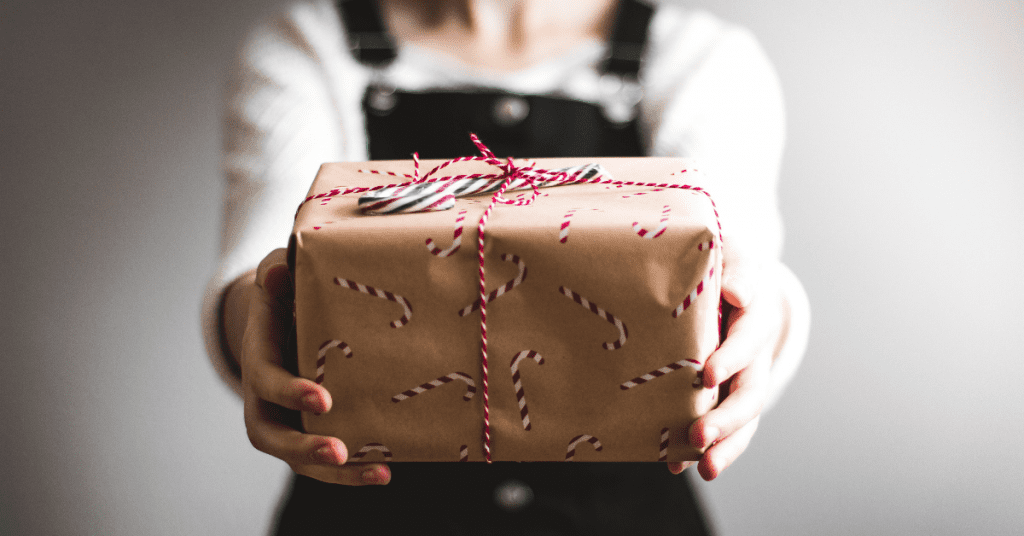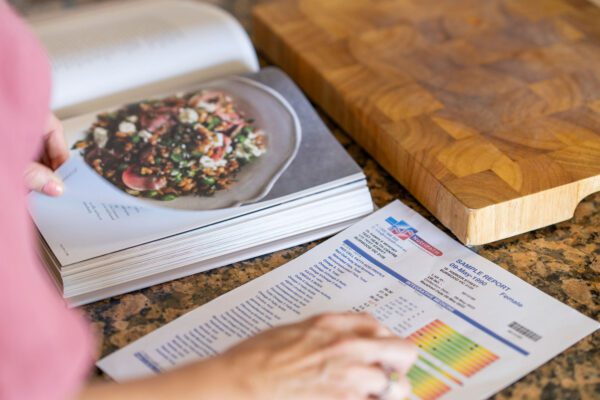
For many people, this time of year highlights aspects of our lives we don’t necessarily like: perhaps unfavourable habits, the loss of a loved one, or the grief of missed opportunities and broken relationships. As coping mechanisms like alcohol, drug use or avoidance exacerbate our problems, Christmas may not be pleasurable but intensely painful.
Mood and anxiety disorders such as depression, anxiety and bipolar disorder are estimated to effect approximately one in five Australians. Although these conditions can show a huge variety of manifestations, common symptoms include: a depressed mood, loss of confidence and self-esteem and reduced energy or activity. It doesn’t take much to see that these symptoms are in direct contrast to the jovial, celebratory spirit of the festive season.
Lorilea Huon, a registered psychologist, explains that Christmas can be a time when people become first notice symptoms of a mood disorder. They may feel that they cannot seem to enjoy life in the same way as those around them, or notice that something they would usually enjoy brings them minimal or no happiness.
Similarly, she notes that family members may become aware of behavioural or temperament changes in their loved ones, and this can trigger questions about an individual’s health and wellbeing.
“The festive season can also bring financial stressors, problematic family issues, or painful reminders of traumatic events or loss of loved ones,” Lorilea says. Moreover, it is not surprising that some people may feel overwhelmed with organising, planning and getting everything done.
The expressions of a mood or anxiety disorder provide additional stress and discomfort on top of those faced by many during the Christmas season. Such periods can trigger a “flare up” of symptoms. This can make it even more difficult for those experiencing mood disorders to engage and feel connected in celebrations.
The Banyans team provides five tips to help prevent a decline in mental health over the festive season, and some ways help you cope if you are already struggling.
1. Keep your routine
Lorilea highlights that routine is often one of the first things to go in the lead up to and throughout the Christmas season. Whether it be your sleeping routine, diet, exercise, social load or work commitments, the busier time of year often means that all of our regular healthy habits may take a bit of a back seat. She explains that this not only disrupts our body’s natural patterns, but can also take a big toll on the strong mechanisms that support your positive mental health and recovery. Although it will be difficult to maintain your usual routine exactly, Lorilea encourages trying to, “maintain a moderate intake of alcohol and unhealthy food, and where possible, try and keep your sleep and exercise as consistent as possible.”
2. Acknowledge your feelings
It can be extremely difficult to acknowledge your emotions without becoming stuck in them. Throughout this period, it can be easier to put on a mask and “tough it out” – neglecting or suppressing your needs and feelings.
“This is not a helpful coping mechanism, and will not foster a sense of real happiness of fulfilment,” says Peter Hayton, the senior psychologist at The Banyans. “Similarly, genuinely finding moments of happiness does not discredit or invalidate how you feel at other times.”
Lorilea encourages people to slow down for long enough to allow them to be mindful about their emotions, rather than just going along on autopilot. Try not to dwell on the emotions, but don’t ignore them. She suggests in moment like this, remind yourself that this too shall pass. “These feelings of increased anxiety and depression ebb and flow like a tide. Even during this heightened time, take care of yourself and look for moments that feel less intense.” Allow yourself to feel the moments of sadness, grief or anxiety, but seek support and do your best to see the positive.
3. Take some time out
Many people have family or friends come to stay throughout the Christmas season, and with other social commitments, may easily neglect alone time for themselves. Peter often emphasises the need for personal recharge time, even for extroverts. “It is imperative that you fill up your own cup in order to give to others. This may mean going for a walk alone, going and getting your hair cut, or simply drinking a cup of tea outside for a while. Doing something that makes you feel emotionally recharged will help you better enjoy the company and activities happening around you.”
4. Forget perfection, and build realistic expectations
“If you find yourself stressing over the standard of your Christmas celebrations and then disappointed when they may not live up to your expectations, it may be helpful for you to reconsider what is important,” Lorilea suggests. She encourages you to write a list of things you are grateful for or looking forward to most during the Christmas season. Reflecting on positive things that have happened throughout the year, and finding joy in the small things at the present time can help you lift your mood. In doing so, your perspective will shift from the decorations, presents and stress, towards the celebration and opportunity for new memories to be made with loved ones.
5. Maintain (or set) boundaries
Some people find it very difficult to say no, or feel guilty for enforcing their boundaries at Christmas time. Lorilea acknowledges that some people may feel like they are making the wrong decision either way when it comes to boundaries with loved ones. She explains how in sacrificing our own needs, we are neglecting their personal health and wellbeing.
Peter recommends taking some time to honestly reflect on what is manageable for you: whether this is what events you participate in, how long you stay for, or how many hours of additional work you agree to. “It is very normal for things to drain us – especially in periods of heightened activity or stress. It is also very healthy to say no to things simply because it is not a good thing for your mental or physical health.”
It is not wrong to seek additional help throughout the Christmas period.
Professional services like Lifeline, Beyond Blue and many local counselling or psychology services continue to operate throughout the Christmas and New Year period. Try not to feel guilty for reaching out to these services if you need them. The Banyans Health and Wellness is a residential rehabilitation facility that operates throughout the festive season, and is flexible if guests wish to return home over Christmas.
Our tailored programs can equip you for the challenges you may experience over this time, and provide ongoing support into the New Year. Our programs can be designed for those experiencing depression, anxiety, chronic stress, burnout, alcohol or drug misuse, eating disorder and more. If a program like those at The Banyans may be beneficial for yourself or a loved one, please call our friendly team on 1300 BANYAN (1300 226 926) or submit an enquiry form below.















